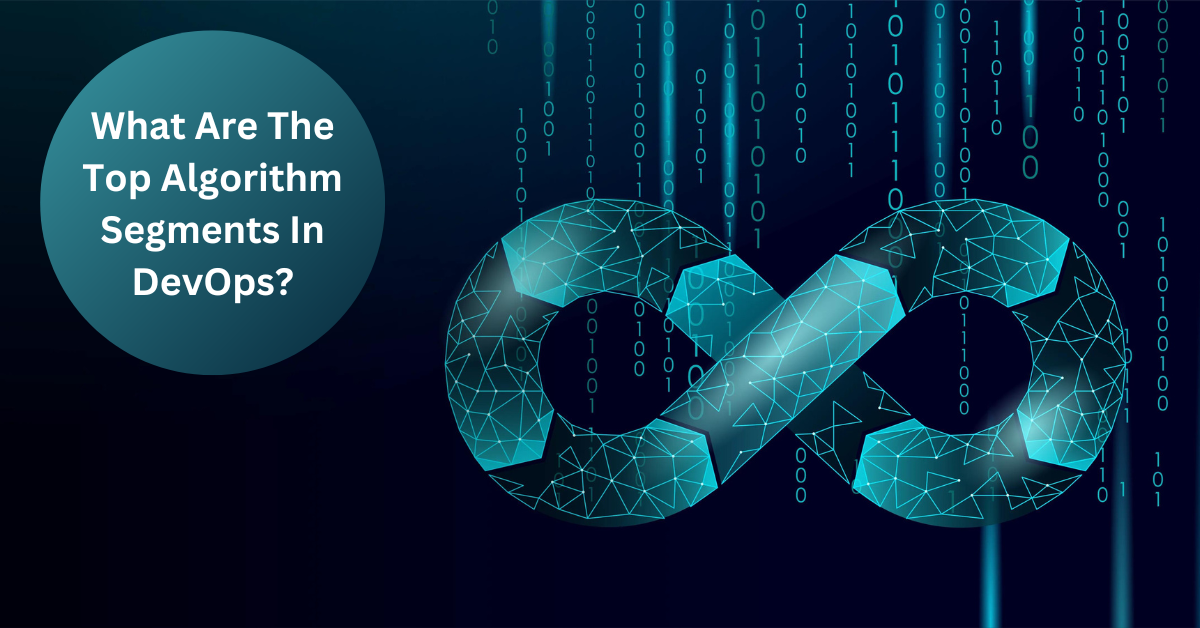Introduction
DevOps is a rapidly evolving technology that is transforming the way businesses operate. As a result, many organizations are looking to take advantage of the various algorithms available in DevOps to help them optimize their operations.
Segmentation & Clustering
Segmentation and clustering are two important classification techniques used in data analysis. Segmentation is the process of dividing a population into subpopulations or groups, while clustering is the process of grouping entities together based on their similarities. These techniques can be used to solve various problems in data management, such as finding duplicate records, understanding customer behavior, or optimizing workflow.
In DevOps, it is essential to use various algorithms to manage and monitor systems. Segmentation and clustering are two such algorithms that are often used in DevOps. Segmentation can be used to group systems into different algorithm segments (such as load balancers, web servers, application servers), while clustering can be used to group systems based on their similarities (such as users who access particular applications).
While segmentation and clustering are powerful data analysis tools, there are a few drawbacks that should be considered before implementing them in your organization: false positives and false negatives; sensitivity versus specificity; over-fitting vs under-fitting; bias against certain classes of objects/data; memory requirements; time complexity; etc.. Furthermore, leveraging machine learning may help overcome some of these challenges by automatically learning from data without requiring human intervention. However, there are still some challenges that need to be addressed before fully utilizing this technology in DevOps environments such as scalability issues or lack of availability of large datasets for training models. The DevOps Training in Hyderabad program by Kelly Technologies can help to develop the skills needed to handle the tools and techniques associated with DevOps.
Logistic Regression
DevOps is all about speeding up the process of developing and deploying software. One way that DevOps can speed up the process is by using logistic regression. Logistic regression is a machine learning algorithm that can be used to predict how likely an event or outcome is based on past data. In short, it’s a tool that can help you make better decisions by predicting future outcomes.
Logistic regression has many benefits for DevOps. For example, it can be used to predict how many servers will be needed to support a certain workload, or how long it will take to deploy a new application. It can also help you forecast when spikes in traffic are likely to occur. All of these predictions can help you plan for and prevent issues in your environment.
Benefits Of Regression Models For DevOps Automation
DevOps is a rapidly growing field that has the potential to improve the efficiency and reliability of your applications. One way that devOps can help meet these demands is by using regression models to automate deployment. Regression models are a type of machine learning model that can be used to predict how an application will behave in the future. This allows developers to deploy applications with confidence, knowing that they will behave as expected.
Regression models are especially important for devOps because it’s often difficult to predict how an application will behave in the future. This is where regression models come in handy – they can help predict how an application will behave on a given day or time frame, which helps developers deploy them more quickly and with less risk.
Understanding the four main algorithm segments of supervised machine learning is essential when using regression models in devOps automation. These segments arelinear regression, nonlinear regression, k-nearest Neighbors (kNN), and support vector machines (SVMs). Each has its own advantages and disadvantages when it comes to predicting behavior, so it’s important to choose the right one for your specific application needs.
In addition to predicting behavior, regression models can be used for other purposes such as error detection or quality assurance within machine learning models for deployment. By understanding these best practices and applying them correctly, you can ensure that your machine learning models are reliable and accurate when deployed into production environments.
Natural Language Processing (NLP)
First, let’s take a look at what NLP is and what it does. NLP is a field of computer science that deals with the recognition, interpretation, and processing of natural language. This means that NLP can be used to understand the meanings behind words and phrases as they are spoken – something that is essential for tasks such as customer service or automated dialogue systems.
Next, let’s discuss NLP Algorithm Segments in DevOps. As mentioned earlier, one of the key roles of NLP is to help improve communication between humans and machines. This is why it’s important for DevOps automation tools to include well-designed algorithms for handling natural language input. In fact, there are several different algorithm segments that are used for this purpose – including text analysis (e.g., sentiment analysis), syntactic analysis (e.g., identifying verb tense), information retrieval (e.g., finding all the references to a term within a document), and machine translation (i..e., translating one language into another). This article in the Bsfives must have given you a clear idea of the DevOps.
